Troy is still considered one of the most expensive films produced in modern cinema, but its commercial success made it worth it. Though critics weren't very happy with it, audiences still love it to this day - in part due to Brad Pitt's gorgeous performance as Achilles.
Troy "happened" partially because of the success of Gladiator, which helped other Ancient Greek and Roman-focused films such as 300 to be made. Of course, not all of these films are great, but there are some pictures that are worth a watch.
10 Centurion (2010)
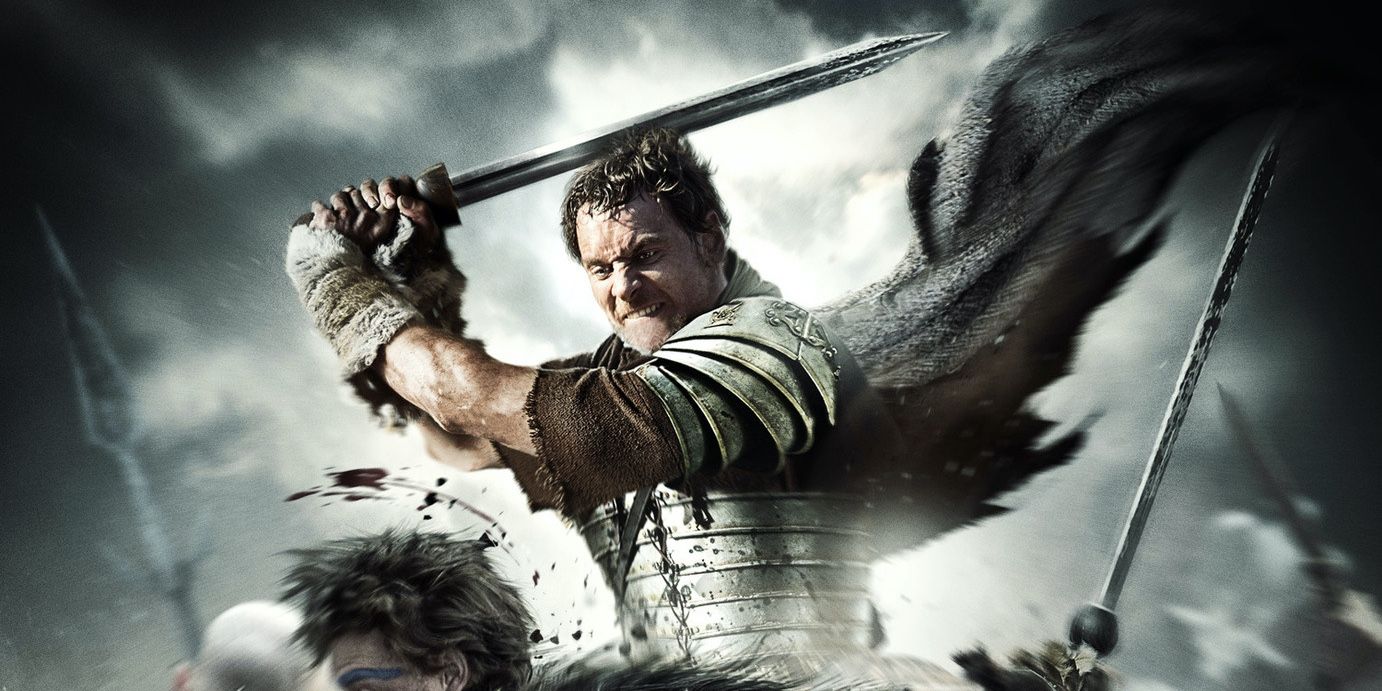
Centurion was an unfortunate commercial failure but still received enough critical praise to be remembered. Besides, it stars Michael Fassbender, who had appeared in 300 and Inglourious Basterds before that and would go on to get the role of Magneto in the X-Men franchise.
Loosely based on real events, it tells the story of how the Roman Empire's Ninth Legion disappeared in Caledonia in the early second century AD after the Roman Empire failed to fully capture Britain.
9 Cleopatra (1963)
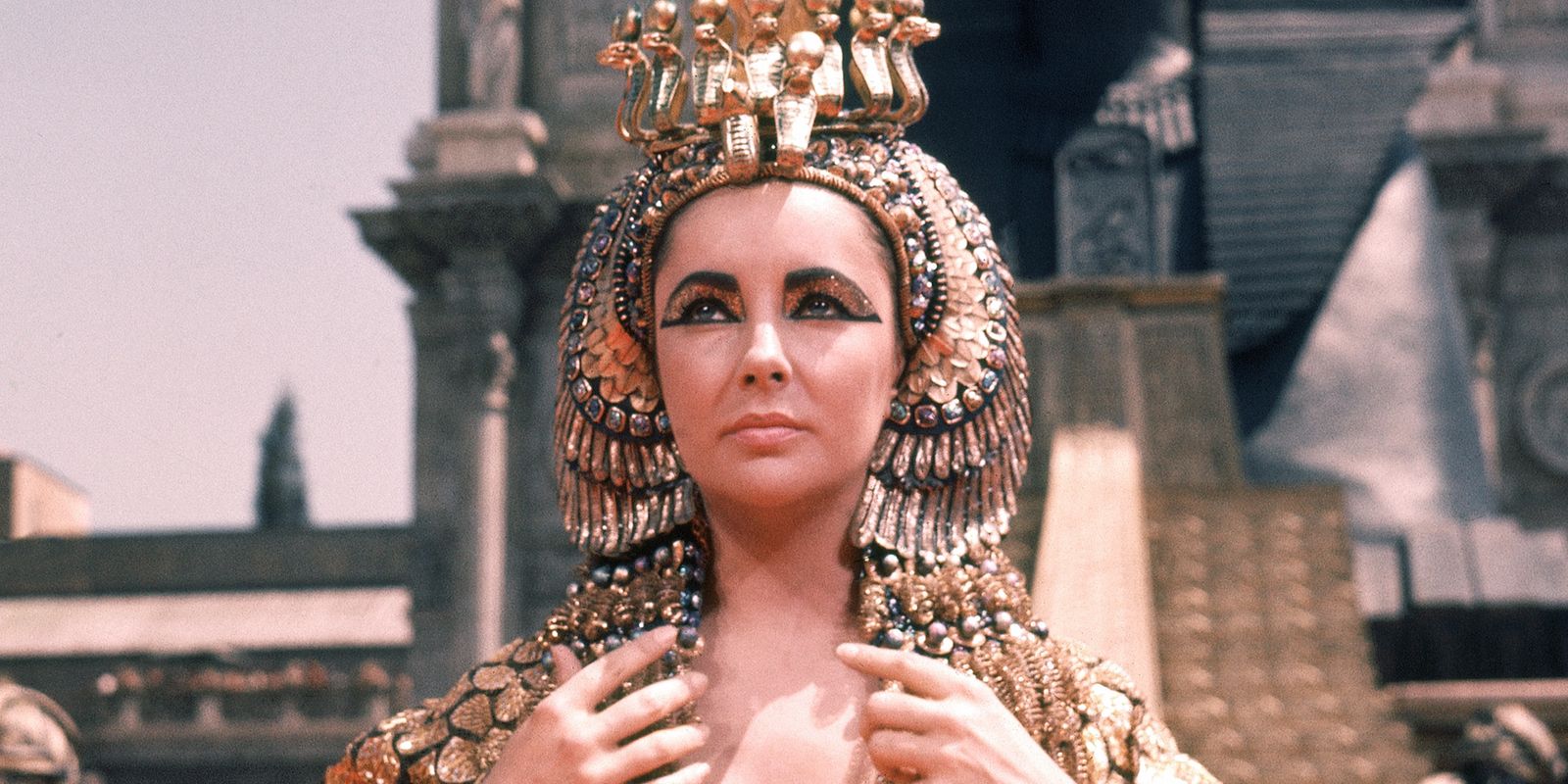
Cleopatra is probably known mostly for its production hell history, with massive budget overruns and changes in cast and crew, but it actually remains one of the best classical antiquity-themed movies ever made.
As the title suggests, the film tells the story of the young Queen of Egypt Cleopatra (played by Elizabeth Taylor) as she struggles to resist the imperial ambitions of Rome. Naturally, Julius Caesar and one of his generals Mark Antony are also in the film, played by Rex Harrison and Richard Burton respectively.
8 Quo Vadis (1951)
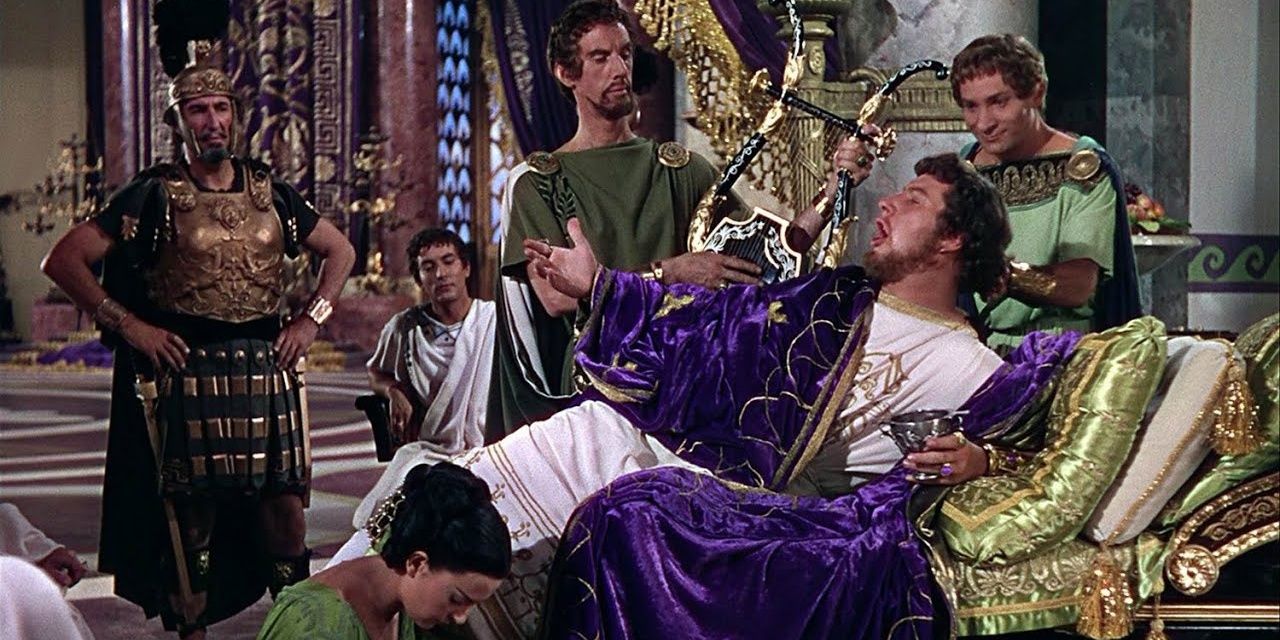
Quo Vadis - from Latin literally meaning "Where are you going?" - is an epic historical drama adapted from the 1896 novel of the same name. Both a critical and commercial success, the film featured future Italian stars Bud Spencer and Sophia Loren as extras while Sergio Leone worked on it as an uncredited assistant director.
In the film, Roman commander Marcus Vinicius falls in love with a Christian hostage his soldiers have taken. Eventually, he starts questioning the leadership of the tyrannical Emperor Nero.
7 Kingdom of Heaven (2005)
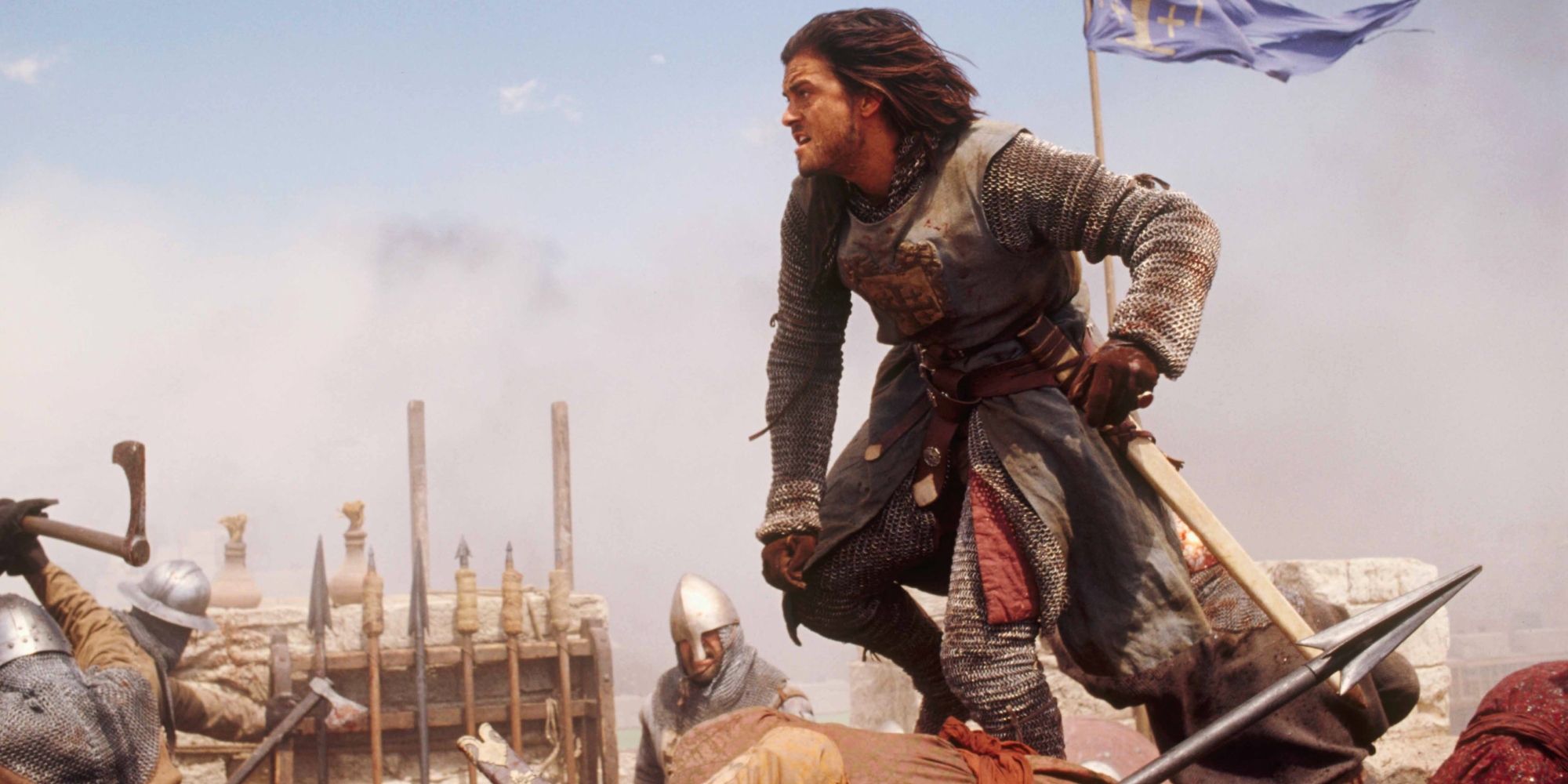
Directed by Ridley Scott, Kingdom of Heaven stars Orlando Bloom, Eva Green, Jeremy Irons, Edward Norton, Brendan Gleeson, Liam Neeson, Michael Sheen, and others. Though the theatrical cut initially received mixed reviews, the director's cut was critically acclaimed.
Set during the Crusades of the 12th century, the film tells the story of a French village blacksmith who decides to aid the Kingdom of Jerusalem as its people defend themselves against the Ayyubid Muslim Sultan Saladin.
6 300 (2006)
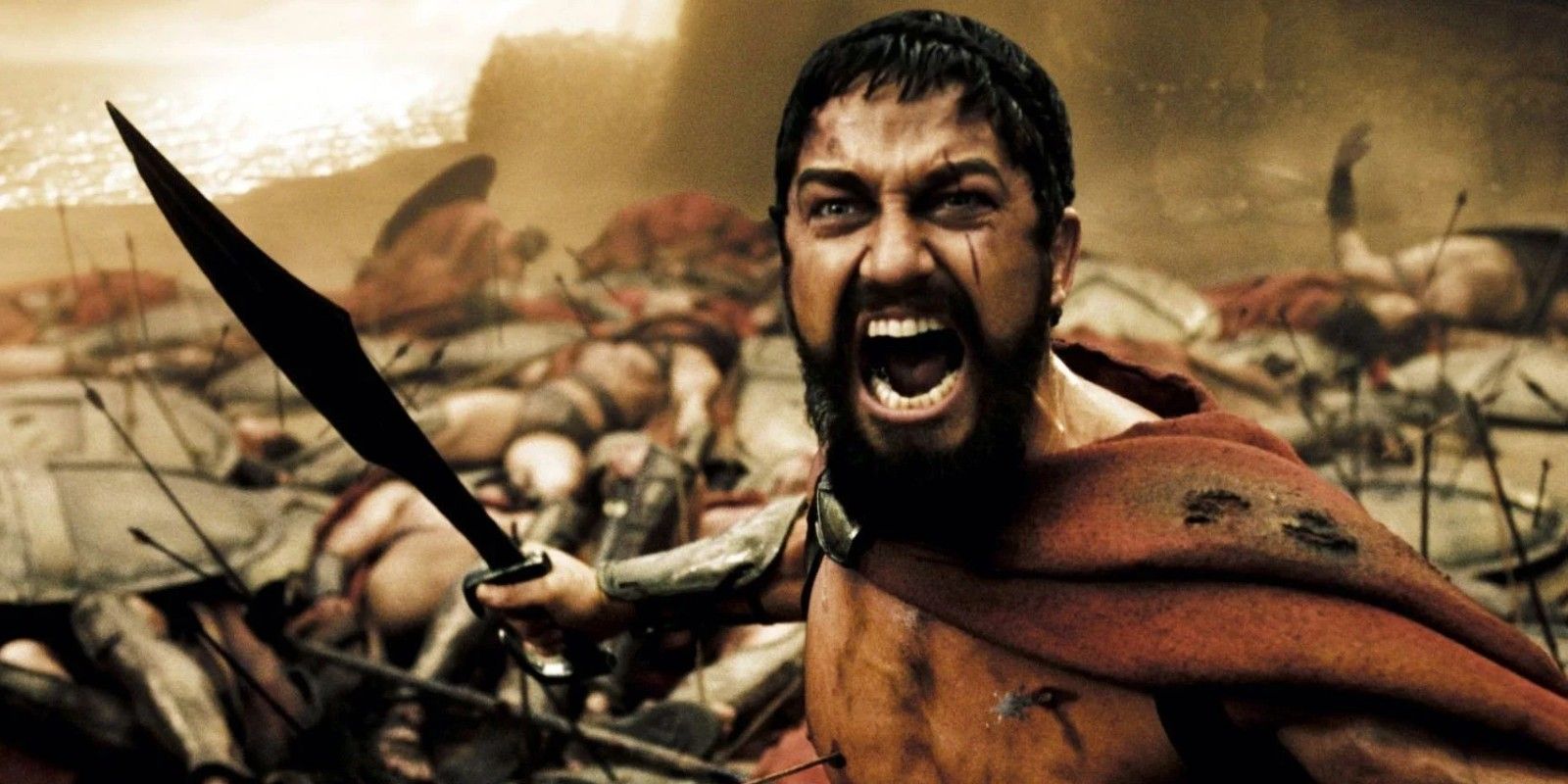
Like many films directed by Zack Snyder, 300 is an adaptation of the comic series of the same name, created by Frank Miller and Lynn Varley. Upon the film's release, it was particularly praised for its visual style that was very close to its source material's look.
Just like the comic series, the film is a fictionalized retelling of the Battle of Thermopylae, which was a part of the Persian Wars. One side, led by King Leonidas I of Sparta, comprised of an alliance of Greek city-states, while the other side, led by Xerxes I, was the Achaemenid Empire.
5 The Last Samurai (2003)
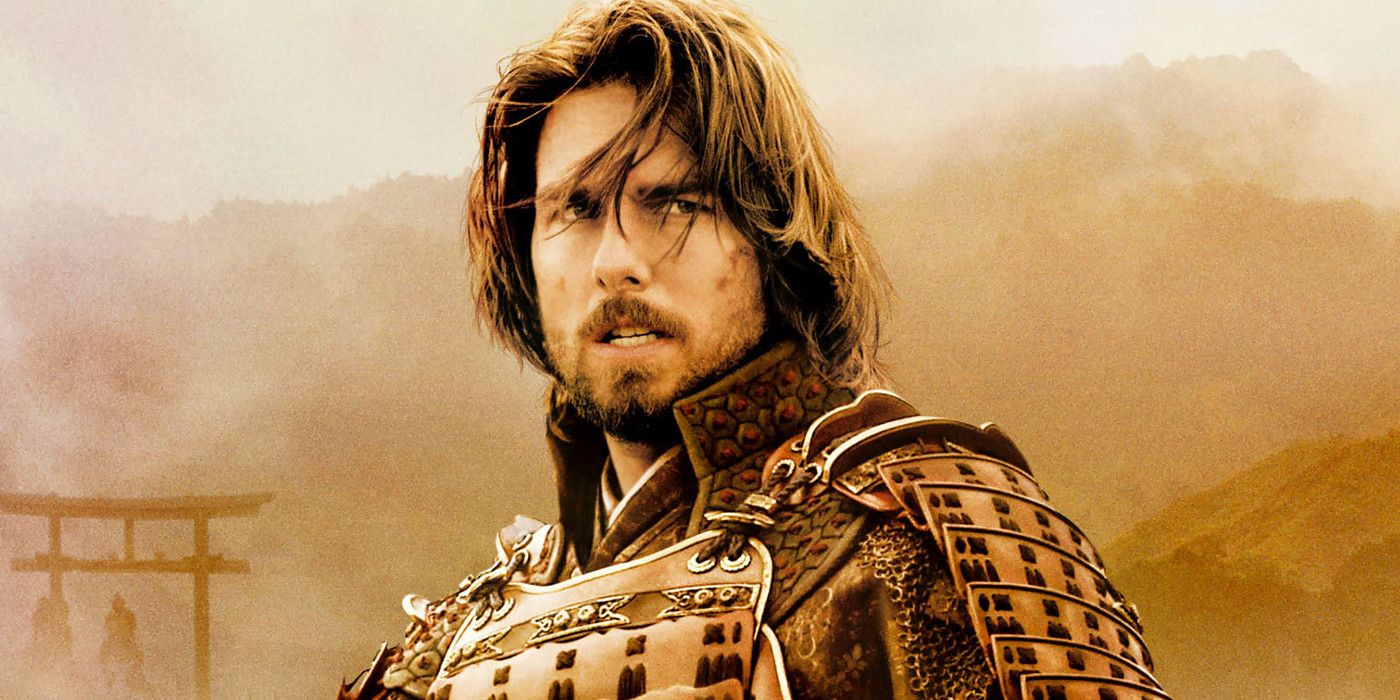
The Last Samurai is by far one of Tom Cruise's best-received films among audiences (as evidenced by IMDb ratings). The period action drama was a commercial and critical success, with critics praising pretty much every aspect of the work: directing, writing, acting, visuals, score, costumes, and themes.
Inspired by the westernization of Japan and the 1877 Satsuma Rebellion, the film tells the story of a United States Captain who happens to be in Japan during the 19th century Meiji Restoration.
4 The Ten Commandments (1956)
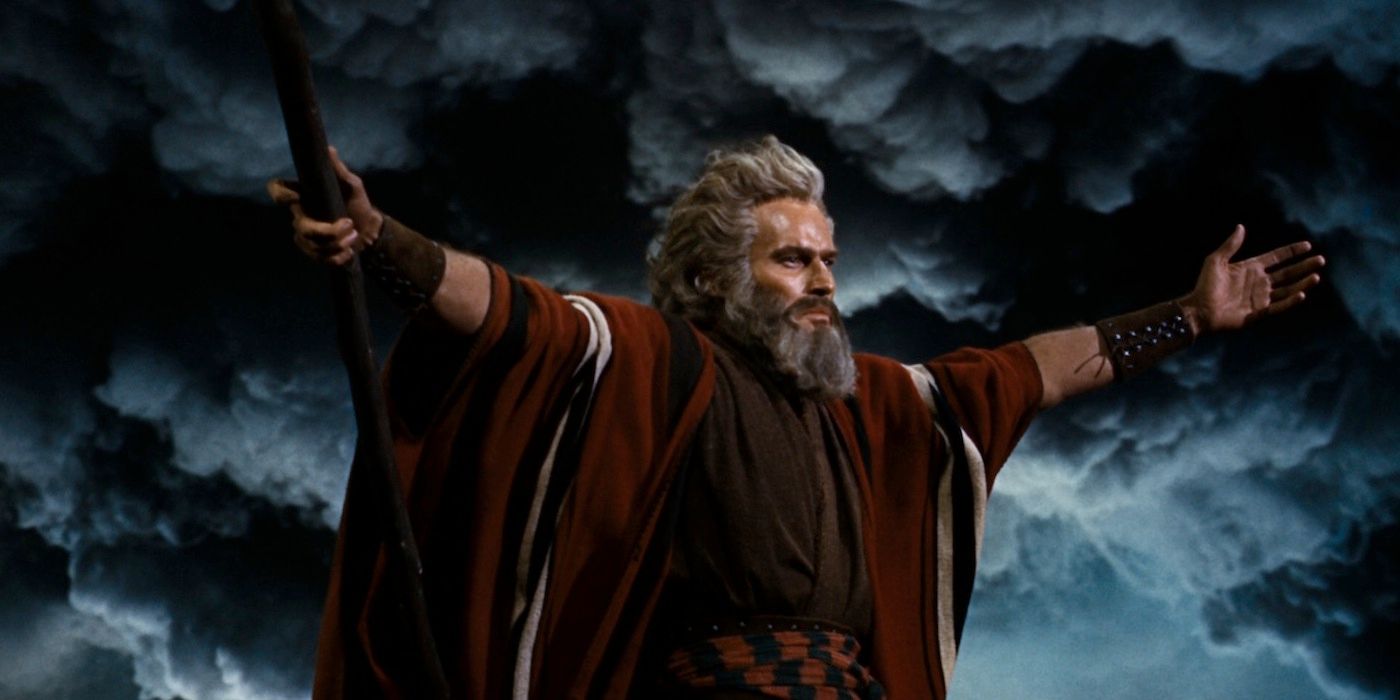
The Ten Commandments is a film known for many records: it has one of the biggest sets ever created, it is one of the most profitable and highest-grossing films of all time, and it won numerous awards.
Based on three different books as well as the Book of Exodus, it tells the biblical story of Moses. He would go on to liberate the enslaved Hebrews, his brethren, and lead them to Mount Sinai where he would receive the Ten Commandments from God himself.
3 Spartacus (1960)
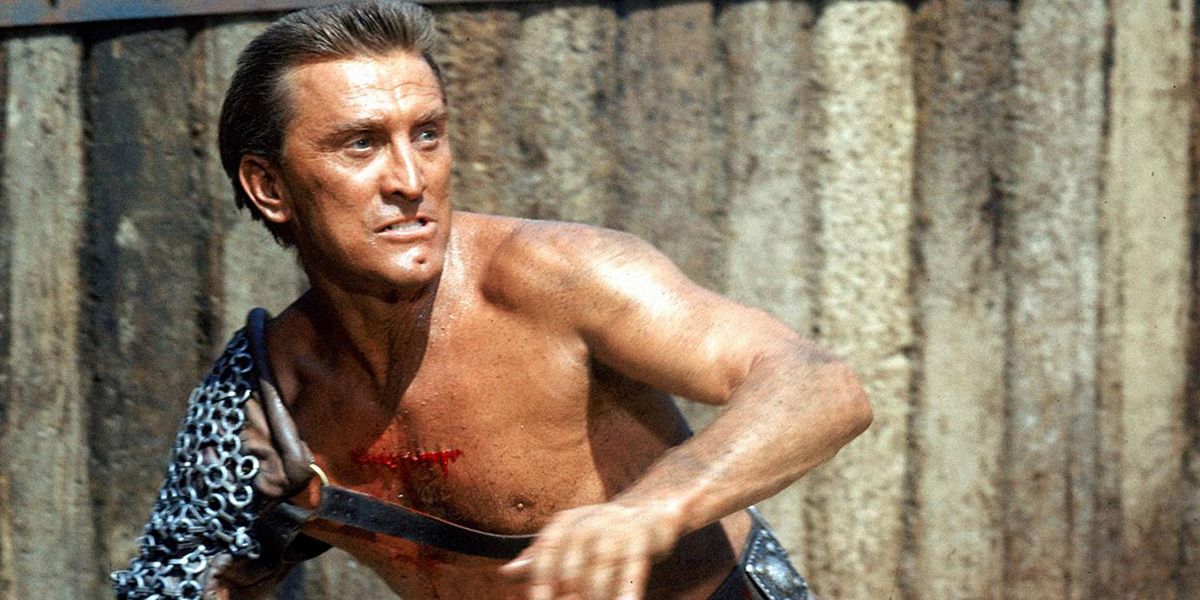
Spartacus is one of Stanley Kubrick's most important and well known films. Kirk Douglas, the lead actor, publicly announced that the screenwriter for the film was Dalton Trumbo, who had been one of the blacklisted filmmakers at the time. John F. Kennedy would then watch the film which helped to end blacklisting.
Based on the 1951 novel of the same name (which had also been blacklisted at the time), it tells the story of Spartacus, who was a Thracian gladiator and the leader of a slave revolt in antiquity.
2 Ben-Hur (1959)
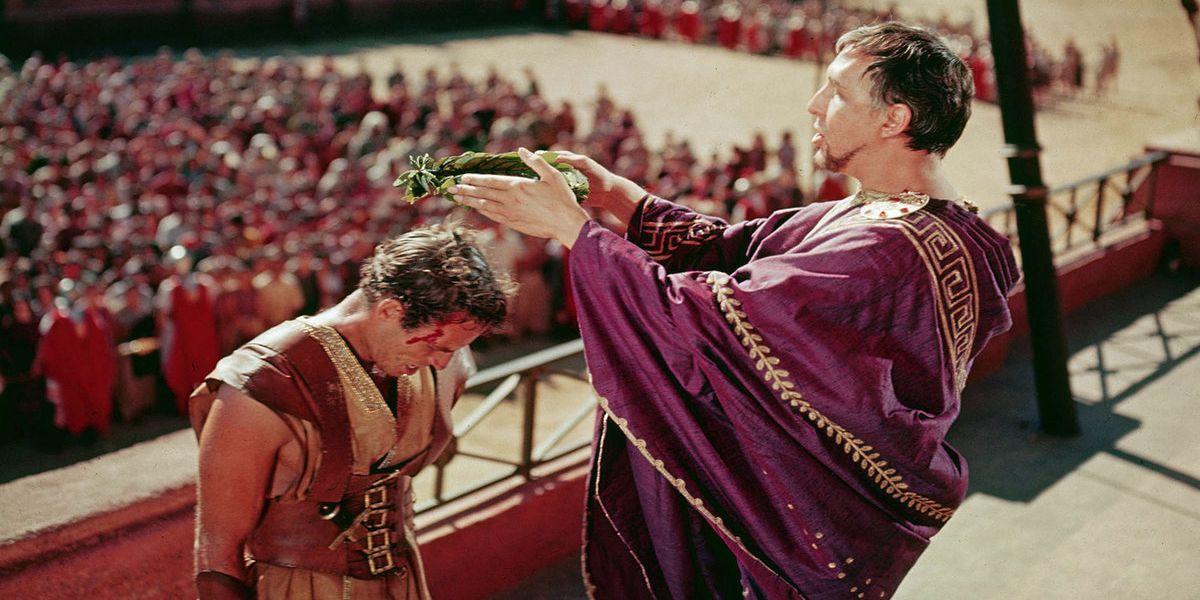
Ben-Hur is still considered a massive creation in the world of cinema. It had the biggest set and budget at the time, won a record number of Academy Awards, has the longest ever composed score for a film that was very influential, and has one of the most famous action sequences in film history. It also became the second highest-grossing film in history at the time, right after Gone with the Wind.
Based on Lew Wallace's novel Ben-Hur: A Tale of the Christ, it tells the story of Ben-Hur, a Jewish prince betrayed by his Roman friend. He is sent into slavery, but returns free and seeks revenge.
1 Gladiator (2000)

Gladiator is probably the greatest Ancient Roman-themed film of all time with the two main roles played by Russell Crowe and Joaquin Phoenix. Directed by Ridley Scott, it is credited for revitalizing the sword and sandals genre.
Like Spartacus, it focuses on a gladiator who goes against the system in some way. The Roman general Maximus is betrayed after the Emperor is murdered by his own son. Turned into a slave, Maximus becomes a gladiator and rises up the ranks to get back at the current Emperor Commodus and avenge his family.
from ScreenRant - Feed https://ift.tt/3kULO9x

0 Comments